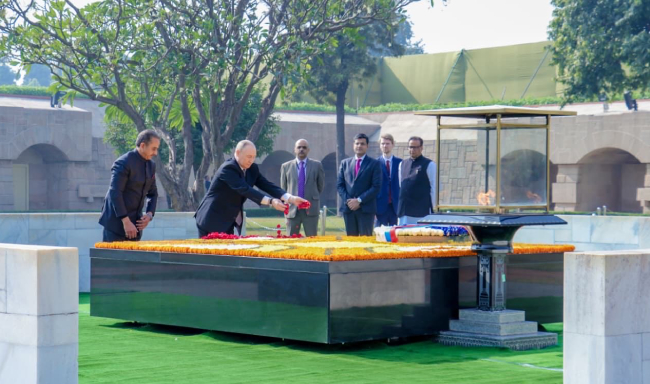
New Delhi: In a bid to quell growing concerns, the Union Ministry of Minority Affairs today issued a clarification on the contentious Waqf Amendment Bill 2025, amidst opposition from various quarters, including a notable backlash in Bihar. The ministry’s move comes as some political parties in the state have expressed apprehensions about the bill’s potential impact on the Muslim community.
The government claims the proposed legislation aims to modernise Waqf administration, reduce legal disputes, and improve efficiency. According to the ministry, the bill seeks to introduce significant changes to the existing Waqf Act, including measures to improve transparency and accountability in Waqf management. The government asserts that these changes will strengthen Waqf boards and protect Waqf assets.
The Waqf Amendment Bill 2025 has its roots in the history of Waqf legislation in India, which dates back to the Mussalman Wakf Validating Act of 1913. This act allowed Muslims to create Waqfs for the benefit of their families and charitable purposes.
The Waqf Act of 1954 established State Waqf Boards to oversee Waqf properties, while the Waqf Act of 1995 governed the administration of Waqf properties, providing for Waqf Tribunals and Chief Executive Officers.
Also read: Waqf Bill fallout: Bihar NDA frays before 2025 polls
The proposed legislation seeks to build upon these foundations, introducing modern accounting and auditing systems to ensure transparency in Waqf management. The government claims that the bill will empower Waqf boards to manage properties more effectively, reducing disputes and improving efficiency. Additionally, the ministry asserts that the bill aims to promote inclusivity and representation in Waqf management, ensuring that diverse voices are heard.
However, opponents argue that these changes could have far-reaching consequences for the Muslim community, particularly in states like Bihar, where Waqf properties play a vital role in the social and economic fabric. Critics contend that the bill could undermine the autonomy of Waqf boards and compromise the management of Waqf properties.
As the bill progresses, its implications for Bihar and other states will be closely watched. The ministry’s clarification is seen as an effort to build trust and ensure a smooth implementation process, but the road ahead is likely to be fraught with challenges for the National Democratic Alliance partners, such as Janata Dal (United) in poll-bound Bihar.
– global bihari bureau





